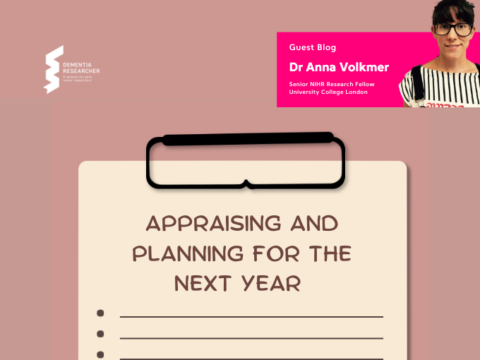Disclosing your health condition consists of two parts of a conversation: the disclosure itself and the request for support. Often, they take place at the same time, so it’s good to be prepared for a conversation regarding your needs. By ‘need,’ we mean what reasonable adjustments employers can make for you.
In case you haven’t read previous blogs, reasonable adjustments are provided by employers to mitigate any barriers in employment you might face as a result of your health condition.
What are reasonable adjustments? ACAS says, “Reasonable adjustments remove or minimise disadvantages experienced by disabled people. Employers must make reasonable adjustments to ensure disabled people are not disadvantaged in the workplace. They should also make sure policies and practices do not put disabled people at a disadvantage.” In simple terms, reasonable adjustments are put in place, so that you can perform the role just as effectively as anyone else.
The word reasonable, as in ‘reasonable adjustments’ is interesting here, as what is reasonable in one environment, may be different in another.
So, what can you to prepare yourself for this aspect of the conversation?
What might you struggle with?
Think about the research you’ve done into the role you are applying to. If there are aspects of the environment or of the role which may adversely impact your health, e.g. working long hours, then write this down.
Reflect and research
Prioritise each one – are there any issues that you are minor? Are there any that really trouble you?
There are two factors here: what you will do to manage your condition at work, and what your employer can do to support you. Whilst the emphasis in this blog is more about the latter, how you manage yourself currently can also help you.
For example, you may have observed facets of your condition that have affected your performance in your qualification, and consequently you have adapted the way that you work or sought support. Knowing what works or doesn’t work provides really useful knowledge to feed into the conversation. Sometimes, however, you need to be in the actual job and environment to know how you can manage your condition, which is when reaching out may be worthwhile.
Against each of the areas of work you have written down that concern you, add a potential solution, using your experience as above, or researching what has helped others (see Resources section).
How will I say it?
Having prioritised your areas of concern, draw the employer’s attention to your main concerns, but offer one or two solutions for each. The conversation should be fluid and also positively reinforce your strengths, and what you love about the role. Emphasise how much more effective you’ll be with this support.
Your research will help you stay in control of the conversation however as it is a conversation, the employer may have their own suggestions, using prior knowledge.
Pre-empting questions or concerns
It’s worth spending some time thinking about any questions the employer might have. They may be concerned about the cost involved in supporting you with specialist equipment but some reasonable adjustments, e.g. adjusting working hours, may be of very little cost. Remind them also of the Access to Work scheme, which may also provide funding for equipment.
Some of your approach to this conversation is about confidence and attitude. Often, we feel guilty about asking for things before we’ve even started working and before the employer has seen what we are capable of. However, you are your best expert. The key is to reach a solution that means you will perform at your best, without compromising your health.
At UCL Careers, we’re more than happy to talk through disclosure with you, whether you’re confused, have made up your mind or just want to do a simple role play! If you are an Undergraduate, please access UCL Careers Extra appointments; if you’re a postgraduate, feel free to book any UCL Careers one-to-one appointment and we’ll give you a steer.
Article written by Careers Consultant, Carla King: carla.king@ucl.ac.uk
This blog was originally published on the UCL website, to view this article and more visit: UCL Careers

 Print This Post
Print This Post




